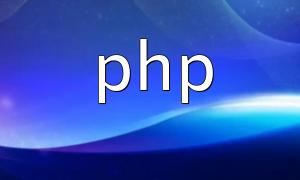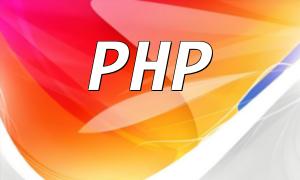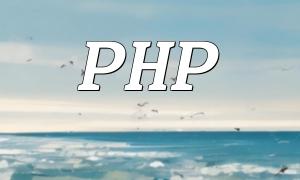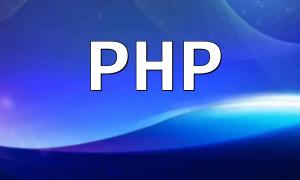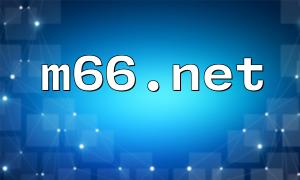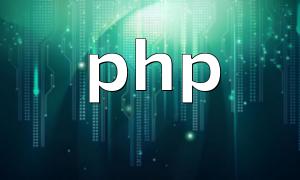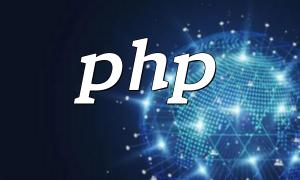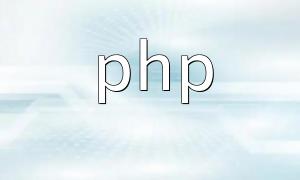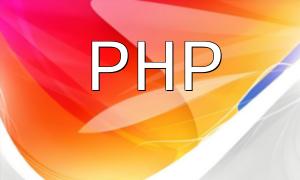With the rapid growth of web technologies, PHP has become a powerful and flexible language widely used in web development. PHP frameworks have emerged to provide standardized development patterns and reusable modules, significantly enhancing development efficiency and code quality.
This guide offers a complete overview of PHP framework development, helping developers master the implementation of various features for smoother project development.
Understanding the core principles and architecture of PHP frameworks is essential for implementing features effectively. Most PHP frameworks are based on the MVC architecture, dividing applications into three layers: Model, View, and Controller. Models handle data processing and database operations, Views manage page presentation, and Controllers handle user requests while coordinating other modules.
Routing and URL handling are key functionalities in PHP frameworks. Routing maps HTTP requests to corresponding controllers and methods, while URL handling parses and rewrites URLs to create friendly access paths.
Common routing methods include regular expression matching, rule-based routing, and annotation-based routing. URL handling can be implemented through server configuration or the framework's routing components.
Database operations are common requirements in PHP framework development. Developers need to understand database connections, query building, and transaction management. Common approaches include raw SQL, ORM (Object-Relational Mapping), and query builders. ORM and query builders allow object-oriented database manipulation, improving code readability and maintainability.
Security features are an essential part of framework development. Authentication verifies user identity, while authorization controls user permissions. Common authentication methods include Session and Token-based approaches, and authorization is often role- or permission-based.
Developers can utilize built-in framework components or implement custom solutions as needed.
Template engines separate page layout from data presentation, enhancing maintainability and reusability. Popular template engines include Smarty, Twig, and Blade.
Caching mechanisms significantly improve system response time and overall performance. Common caching methods include file caching, database caching, memory caching, and distributed caching. Developers can use framework-provided caching components or implement customized caching solutions.
Optimization and debugging are critical in PHP framework development. Developers can optimize applications by monitoring performance, analyzing logs, and using debugging tools to ensure stable and efficient system operation.
This guide provides a detailed overview of PHP framework development, including MVC architecture, routing and URL handling, database operations, authentication and authorization, template engines, caching mechanisms, and optimization techniques. Mastering these concepts helps developers efficiently manage PHP frameworks and improve code quality.
